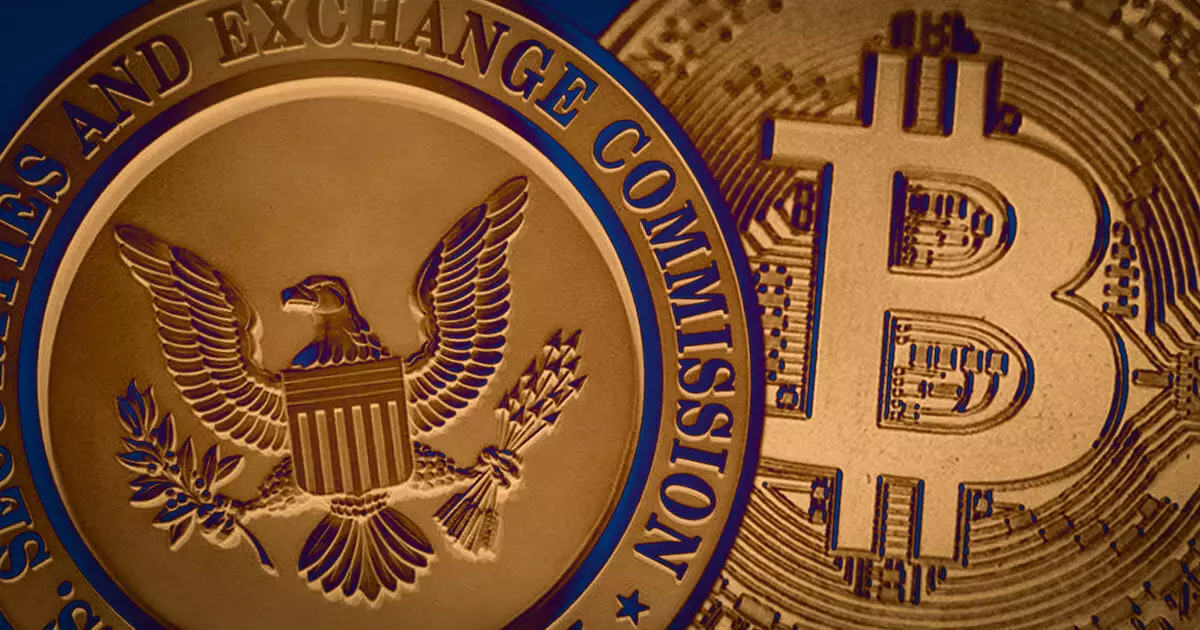The Securities and Exchange Commission (SEC), under the leadership of Chairman Gary Gensler, faces significant regulatory concerns regarding the approval of a Bitcoin spot ETF. Former SEC attorney John Reed Stark suggests that the issue of crypto regulation has become a partisan divide within the SEC, marking a significant shift from the initial bipartisan consensus against cryptocurrencies in 2017. This partisanship has led to a crypto crackdown initiated by former Republican-appointed SEC Chair Jay Clayton, characterized by stringent regulatory actions and criticism against cryptocurrencies.
The Potential Impact of the 2024 U.S. Presidential Election
Stark also explores the potential influence of the upcoming 2024 U.S. presidential election on the regulatory landscape. Should a Republican candidate be elected, he predicts a significant decrease in the SEC’s crypto-enforcement efforts. This reduction could result in a more favorable environment for cryptocurrencies, with the SEC becoming more open to approving a Bitcoin spot ETF and implementing other crypto-friendly regulatory measures. Stark believes the SEC’s approach to cryptocurrencies may shift depending on the political agenda set by the acting Chair. If a Republican is elected, Hester Peirce, known as the “crypto-mom” for her supportive stance on cryptocurrencies, could assume the role of acting Chair, potentially impacting the SEC’s stance on cryptocurrencies.
Stark refers to a letter from Better Markets addressed to the SEC, which outlines several issues with the proposed rule changes for listing and trading spot Bitcoin ETFs. One major concern is market manipulation within the Bitcoin market, with allegations of “wash trading” artificially inflating trading volumes. Better Markets argues that the proposed surveillance-sharing agreements with platforms like Coinbase fall short in detecting manipulation, as Coinbase only represents a small fraction of global Bitcoin trading. Another worrisome aspect is the concentrated ownership of Bitcoin, with 50 miners controlling 50% of the mining capacity and the top 10,000 Bitcoin wallets owning 27% of all Bitcoins.
Influence of Internal Politics and Investor Protection
Stark asserts that the SEC’s decisions regarding Bitcoin ETFs and related regulatory matters are likely to be influenced by various factors, including internal politics, the broader political landscape, and concerns about market manipulation and investor protection. As it stands today, Stark believes that a spot Bitcoin ETF is unlikely to gain approval without significant changes to the regulatory landscape.
Finding the Balance
The approval of a Bitcoin spot ETF remains a contentious topic, with genuine concerns about fraud prevention and investor protection. The SEC faces the challenge of striking a balance between fostering innovation and ensuring market integrity. While proponents argue that a Bitcoin ETF would provide mainstream investors with easier access to Bitcoin, critics emphasize the risks associated with market manipulation and investor vulnerability.
The future of Bitcoin ETF approval hinges on numerous factors, including political dynamics and ongoing concerns about market manipulation and investor protection. The SEC’s decision-making process will likely be influenced by broader political trends and internal currents within the agency. Only time will tell whether a Bitcoin spot ETF will eventually be approved, but for the moment, it seems that the regulatory landscape needs to evolve further to accommodate the complexities of the cryptocurrency market.

